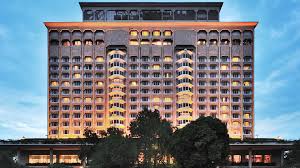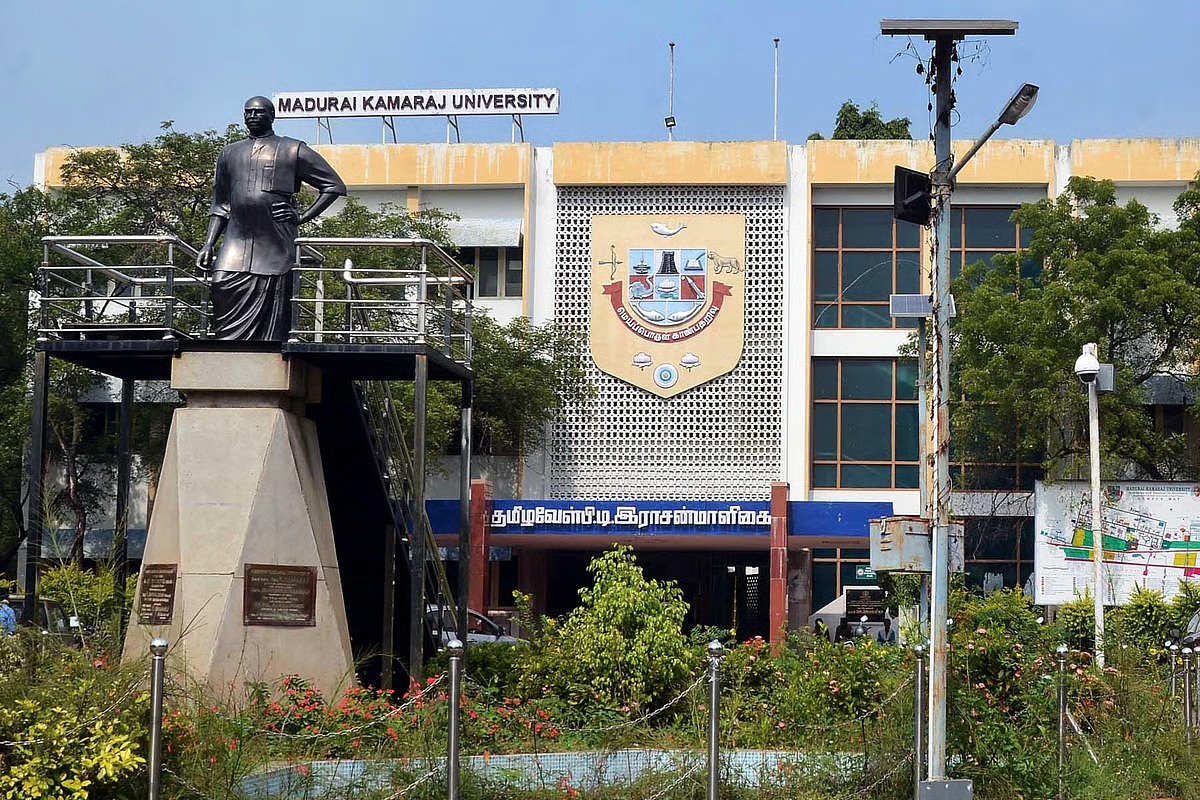Jawahar Lal Gupta, J.@mdashThe petitioners are aggrieved by the orders regarding maintenance of status quo in respect of possession passed by the courts below. They have consequently filed this revision petition to challenge these orders. A few facts may be noticed.
2. On January 6, 1981, Jai Narain, the predecessor-in-interest of the plaintiff-respondents Nos. 1 to 3, initiated proceedings u/s 145 of the Code of Criminal Procedure against Amar Chand and his son Rajinder. On August 12, 1981, the possession of the premises was entrusted to the Receiver. The learned Sub Divisional Magistrate, Rewari, ultimately, found that Amar Chand etc. had wrongly occupied the premises in dispute in the year 1980 and started making alterations therein. However, since he was not competent to go into the question of title and the possession of Amar Chand etc. was proved, he held that they were entitled to restoration of possession. Accordingly, he disposed of the proceedings vide order dated May 6, 1985. This order was challenged through a revision petition before the learned Sessions Judge. This petition was dismissed on May 27, 1986.
3. In the meantime, the plaintiff-respondents filed a suit on May 8, 1985 for declaration and permanent injunction against Amar Chand and his sons, Rajinder. Along with the suit, they filed an application for the grant of temporary injunction. The learned trial Court initially granted a temporary injunction and finally affirmed it vide its order dated March 2, 1989. The parties were directed to maintain status quo with regard to the possession of the suit property till final decision of the case. This order was challenged in appeal by the defendants. The learned Additional District Judge affirmed the order passed by the trial Court. It appears that Amar Chand died during the pendency of the case. Consequently, Rajinder and his two brothers (sons of Amar Chand) have filed this revision petition.
4. Mr. Gopi Chand, learned counsel for the petitioners has contended that the civil court was not competent to grant an injunction during the pendency of proceedings u/s 145 of the Code of Criminal Procedure and that it has erred in preventing the petitioners from getting possession of the premises in dispute in pursuance to an order passed by the competent authority. On the other hand, Mr. S.K. Mittal, learned counsel for the plaintiff-respondents has contended that the injunction has been rightly granted by the courts below.
5. Normally, it is only a person in possession who can seek an injunction so that there is no interference in his right to enjoy the property. It is also true that the civil court shall be reluctant to deprive a person of his right to get possession in pursuance to an order gassed by the competent authority. There is no quarrel with the proposition of law raised by the learned counsel for the petitioners. However, this case has certain peculiar features which deserves to be noticed :
6. The plaintiff-respondents had instituted the suit on May 8, 1985. They had concluded the evidence on January 31, 1989. It was thereafter that the learned trial court had granted the injunction. Further more, in spite of the fact that a period of more than five years has elapsed, the defendant-petitioner have not concluded their evidence so far. It is in this situation that Mr. S.K. Mittal has urged with vehemence and it appears rightly, that the vacation of the injunction would only encourage the petitioners to further delay the decision of the suit. Still further, it also appears that even the Sub Divisional Magistrate was prima facie of the view that the petitioners or their predecessor-in-interest had wrongly occupied the property. It is in view of this position that the learned courts below have found that "the defendants were not going to suffer any irreparable loss by waiting for some time more for the delivery of the possession in case they could succeed in the civil suit."
7. Grant of injunction is a matter of discretion. The courts below have chosen to exercise their discretion in favour of the plaintiff-respondents. This exercise of discretion is not arbitrary. Even the Sub Divisional Magistrate was not satisfied that the petitioners had any right to the possession of the property. In fact, it is the claim of the plaintiff-respondents that the petitioners had broken the locks in their absence and illegally entered the premises. In such a situation, no ground for interference with the discretion exercised by the courts below is made out.
8. Taking the totality of circumstances into consideration, it is directed that in the even! of the suit being decided in favour of the plaintiff- respondents, the Receiver appointed by the Sub Divisional Magistrate shall hand over possession of the premises to them. In case, the suit is dismissed, the injunction shall stand vacated and the possession shall be handed over to the petitioners.
9. The revision petition is, accordingly, disposed of. In the circumstances, there will be no order as to costs.

